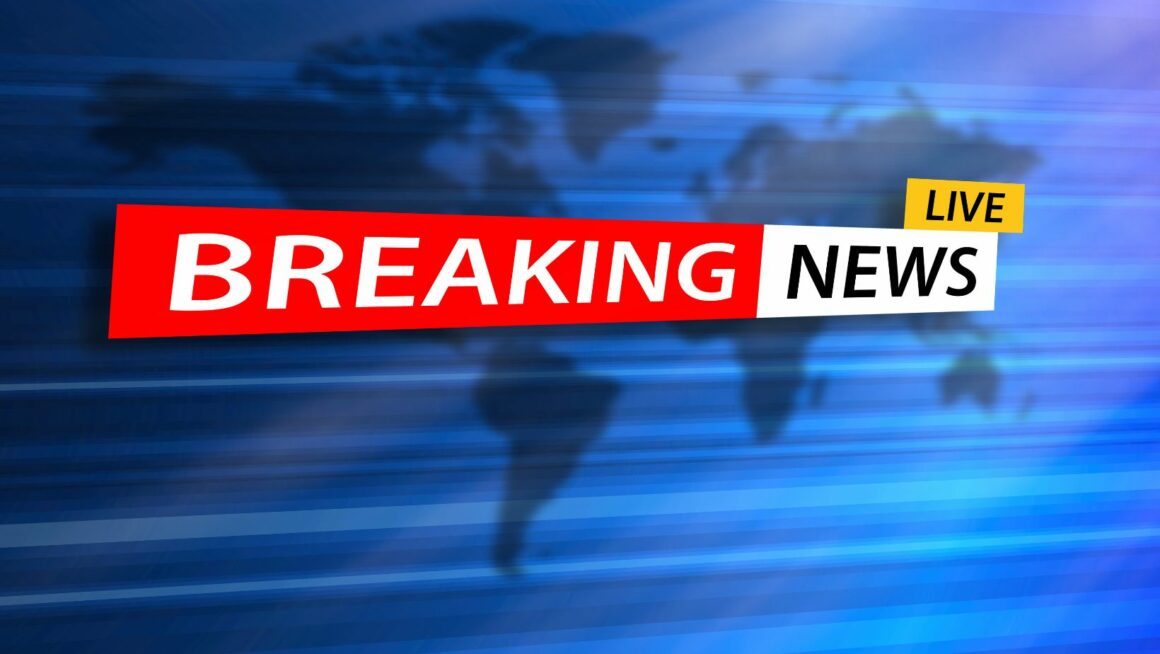In a world that’s always on the move, staying updated with breaking news is no longer a luxury—it’s a necessity. Welcome to a space where you’ll get the latest scoop on significant events, developments, and changes that are shaping our world.
Breaking News World
Breaking news around the world carries immense importance. It’s not just a sequence of events being reported, but each news story has immediate effects and long-term influences that shape our societies.
The Immediate Effects
 Breaking news holds the potential to stir immediate reactions. For instance, an announcement of a successful vaccine trial can result in stock market surges, or a catastrophic natural disaster might trigger international aid responses. These are tangible instances of such immediate effects. The real-time nature of breaking world news can turn the tide within moments. Financial markets, environmental actions, and socio-political landscapes remain highly sensitive to these immediate effects.
Breaking news holds the potential to stir immediate reactions. For instance, an announcement of a successful vaccine trial can result in stock market surges, or a catastrophic natural disaster might trigger international aid responses. These are tangible instances of such immediate effects. The real-time nature of breaking world news can turn the tide within moments. Financial markets, environmental actions, and socio-political landscapes remain highly sensitive to these immediate effects.
Long-term influences are another crucial facet of breaking world news. They depict how the rippling impact of these news events shape societies and systems in the long run. For example, the news of climate change not only invites immediate steps, but it’s also paving the way for sustained environmental policies around the globe. Similarly, election news influences political trends and policy directions for years to come. Thus, breaking news ultimately molds global paradigms, bridging gaps between the present and the future.
The Role of Social Media in Disseminating Breaking News World
Following the trail of breaking news world’s ramifications previously discussed, let’s delve into the impact of social media platforms in this context. It’s important to underscore the use of social media in the rapid spread and reach of breaking news globally.
Platforms and Their Reach
 In today’s digital age, social media acts as a swift conduit for breaking news world. Networks such as Twitter, Facebook, and Instagram reach a vast spectrum of users – millions, if not billions. For instance, Twitter’s user base stands at approximately 330 million active users as of 2021, based on data from Statista. The use of such platforms ensures that news spreads faster and to a wider audience than traditional mediums, often just minutes after the news event occurs.
In today’s digital age, social media acts as a swift conduit for breaking news world. Networks such as Twitter, Facebook, and Instagram reach a vast spectrum of users – millions, if not billions. For instance, Twitter’s user base stands at approximately 330 million active users as of 2021, based on data from Statista. The use of such platforms ensures that news spreads faster and to a wider audience than traditional mediums, often just minutes after the news event occurs.
The array of platforms available also allows for a greater diversity of news. While mainstream media may focus on specific areas, social media platforms encompass a wide range of topics, exposing users to varying perspectives of breaking news. From planned political events to sudden natural disasters, social media ensures breaking news world reaches all corners of the globe instantaneously.
Verification Challenges
 While social media’s reach is an asset, it presents considerable challenges in terms of verification. The rapid spread of news can lead to the dissemination of inaccurate or misleading information. A Reuters Institute study found that in 2020, 57% of respondents identified concerns over what is true or fake on the internet when it comes to news.
While social media’s reach is an asset, it presents considerable challenges in terms of verification. The rapid spread of news can lead to the dissemination of inaccurate or misleading information. A Reuters Institute study found that in 2020, 57% of respondents identified concerns over what is true or fake on the internet when it comes to news.
Take the case of viral tweets or Instagram posts. They whip up quick reactions, but verification often lags behind. In a rush to report breaking news, facts can be blurred or replaced with misinformation that deceives millions of users.
Various social media platforms are attempting to tackle this issue with fact-checking partnerships or alerts warning of potential fake news. While far from perfect, these steps underscore the ongoing effort to balance the demand for rapid dissemination of breaking news world with the need for accurate, reliable information.
Key Players in the World of Breaking News
Renowned networks govern the realm of breaking news world. Names like BBC, CNN, Al Jazeera, and Reuters stand out. These media moguls, dedicated to reaching global audiences, set the standard. Their primordial focus lies in delivering accurate, timely news, with each using a unique strategy to achieve that feat.
BBC, for example, has reporters in more countries than any other news network, allowing for quick, first-hand news reporting. CNN, on the other hand, capitalizes on its partnerships with various local news agencies worldwide. Al Jazeera stakes its reputation on in-depth, investigative journalism, serving insights often overlooked by others. Reuters, a well-established news agency, remarkably amalgamates technological advances and skilled reporters, offering reliable, swift news from every corner of the globe.

